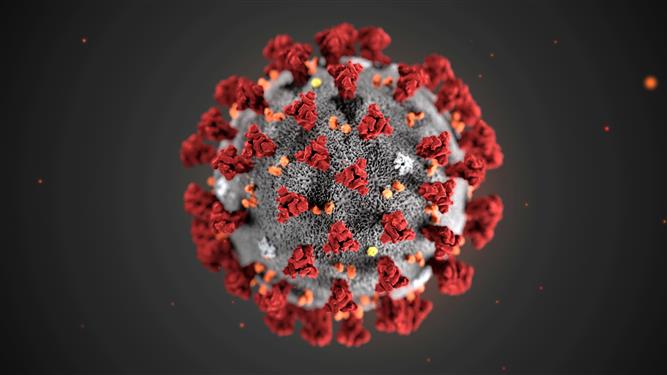
Since the spread of the coronavirus (COVID-19) was classified as a public health emergency of worldwide concern in January 2020, there have been numerous claims and denials regarding its origin. Later that year, in March, it quickly spread to become a pandemic, wreaking devastation on humanity, killing hundreds of people while leaving millions suffering from long-Covid.
CDC has released their long-awaited study of swabs obtained from a wet market in Wuhan, the Chinese city where Covid was first discovered
In order to refute unproven theories linking the spread of the virus to lab leaks, researchers have now released reports. Researchers from the Chinese Center for Disease Control and Prevention (China CDC) have released their long-awaited study of swabs that were obtained from a wet market in Wuhan, the Chinese city where Covid was first discovered.
The in-depth report was created after samples that were gathered in the first few weeks of the Covid outbreak in Wuhan were analyzed and released in Nature on April 5th. Additionally, the Huanan Seafood Wholesale Market Chinese samples are being examined for the first time in a peer-reviewed journal, as requested by the international community. Its confirmation that animal DNA was found in samples that tested positive for SARS-CoV-2 is what matters most. The beginning of the epidemic has long been connected to the market.
It implies that an animal may have served as a virus’s intermediate host before spreading to affect people. The results, according to the researchers, are still insufficient to prove conclusively that SARS-CoV-2 came from an animal-to-human spillover event. Despite the reservations, the analysis based on genomic data is important because it provided some support for Covid’s hotly contested ideas about how the deadly pandemic started.
“It’s one of the most important data sets we’ve had since the emergence of the pandemic”
As quoted by Nature, Florence Débarre, an evolutionary biologist at the French National Centre for Scientific Research in Paris, said: “It’s one of the most important data sets we’ve had since the emergence of the pandemic. They exist because at the time the right things were done.” Débarre also works as an evolutionary biologist at the French National Center for Scientific Research in the nation’s capital. She was reportedly a member of the group that generated controversy last month when they published their own study of data from the China CDC.
Meanwhile, a virologist Jesse Bloom said that even earlier samples are needed to find the pandemic’s origins. Bloom, who is at the Fred Hutchinson Cancer Research Center in Seattle, said, “If we ever learn the exact origins of SARS-CoV-2, I suspect it will come from new information about cases or events in early December or November of 2019, or earlier.”






